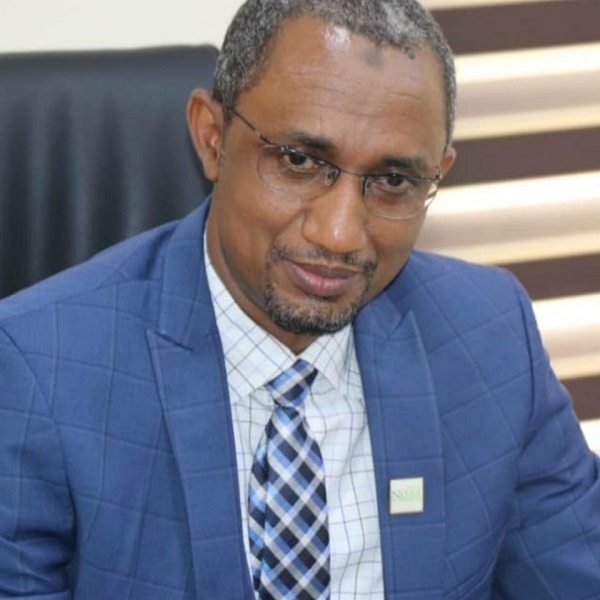
The chairperson of the governing board of the African Centre for Meteorological Applications for Development (ACMAD), Prof. Mansur Matazu, has underscored the need for African countries to bridge the gap between early warning and early action to forestall climate-related natural disasters.
Speaking to journalists during the closing ceremony of the 2nd steering meeting of the Intra-ACP Climate Services and Related Applications Programme (ClimSA) and the 22nd ordinary session of the ACMAD governing board in Abuja, he highlighted that it was one of the key resolutions of the 54 member countries of ACMAD during the meeting.
According to him, early warning begins with the collection of data from meteorological parameters, developing early warning products and services, and also relaying such products to users. He added that it helps users to take up the advisory and utilise them for improvement in livelihood and reduction of effects of extreme weather events such as have been recently witnessed across the globe, even in Nigeria.
Matazu, the director-general of the Nigerian Meteorological Agency (NiMet), further said the board members also deliberated and approved a work plan and activities for ACMAD (based in Niamey, Niger Republic), reviewed its performance and came up with institutional and governance reform for the centre to deliver effective services to Africa.
Throwing more light on issues deliberated during the meetings, the ACMAD director-general, Dr. Andre Foamouhous, underscored two major challenges of operational warming systems and collation between meteorological services and disaster management organisations.
“We have two challenges to address during this meeting. The first challenge is to work towards ensuring that more African countries have quality warnings operational. The second is to address the issue of operational collation between the meteorological services and disaster management or civil protection agencies.
“So, we have deliberated on this looking at best practices available and structuring in our work plan [and] how we will move in addressing these two challenges,” he stated.
Foamouhous pointed out that the issue of reforms for more effective service delivery of the centre and other collaborating bodies was also tackled.
“On the issue of reforms, they are institutional and organisational. Between institutions, we have to put in activities/efforts to make sure that their formal relationship – in terms of MoUs and other instruments – specifies the roles and the interactions they want to see between the service providers and disaster management agencies responsible for action,” he added.
In his comments, the World Meteorological Organization (WMO) representative for North, Central and West Africa, Dr. Bernard Gomez, posited that the WMO is available to provide any technical assistance required to support ACMAD to do what it is supposed to do.
“The ACMAD board of governors meeting has been a very successful one. In WMO we have been following events at ACMAD for a long time and it is in our interest that ACMAD succeeds in implementing its mandate because weather and climate issues do not recognize national boundaries. We need an institution like ACMAD that has the focus of the entire continent to bring together countries to see things at a more global level,” he said.
Gomez restated the need for ACMAD to reform to take on board the current needs of the society and developments in technology, communication and so on.
“We took time to look at the issues in this meeting and one clear thing is that ACMAD needs to reform to respond more effectively and efficiently to the needs of the society.
“For instance, conditions in the ‘90s and what we have now are different. The communication tools that we used then and now are different. So, ACMAD needs to reform and take on board all the other issues happening around them, to be relevant and given the support they need to do their job.”

